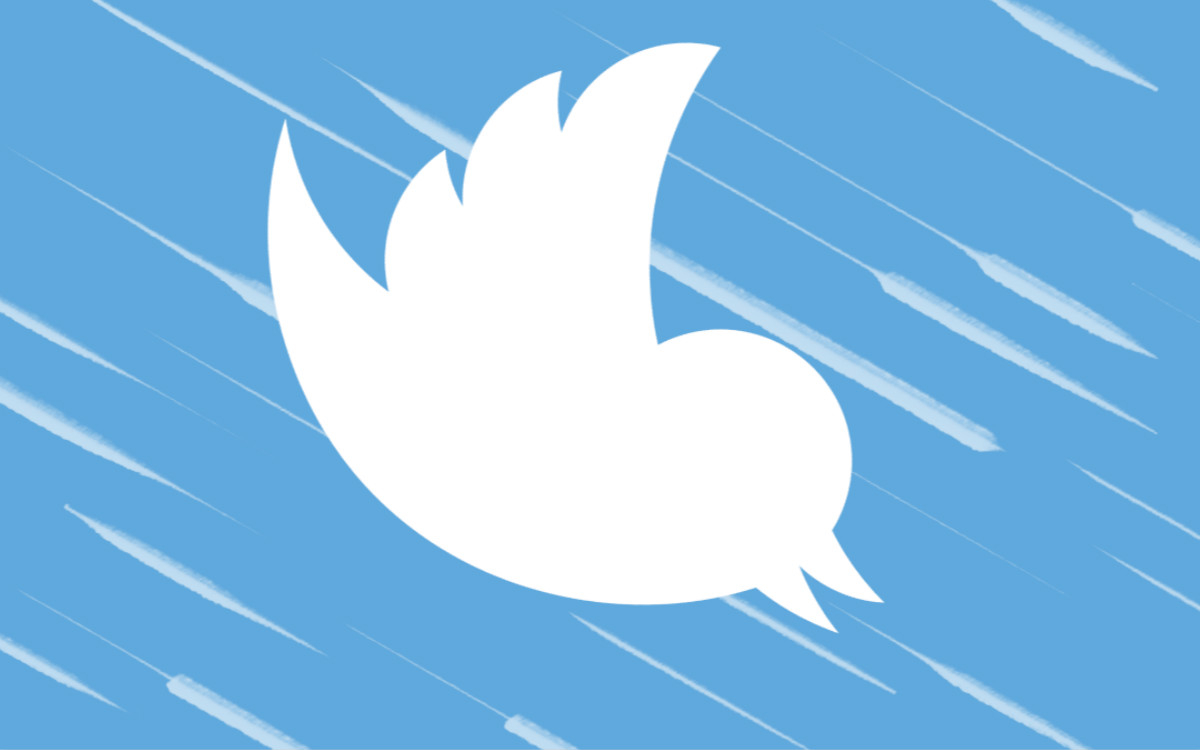Facebook has been under the spotlight for its role in Russia's US election interference for a long time, so the social network might be relieved to find it's now Twitter's turn to come under scrutiny. In the wake of a meeting with Senate Intelligence Committee investigators, the microblogging site has publicly revealed details of Russia's attempted meddling.
In a public blog post, Twitter says it checked 450 Russia-linked Facebook accounts and found 22 had corresponding accounts on its own service, which, if not already banned, were immediately suspended. It also found 179 additional related or linked accounts and took action against those that violated the platform's terms of service.
Twitter also shared details of three accounts linked to news site RT, formerly Russia Today. The organization has strong ties to the Russian government and was found to have spent $274,100 in US ads in 2016. These included advertisements "that definitely or potentially targeted the U.S. market. These campaigns were directed at followers of mainstream media and primarily promoted RT Tweets regarding news stories."
Last week, Facebook announced it would be turning over more than 3000 ads it believes were bought by a Russian "troll farm" to congressional investigators.
It was Twitter's vice-president of public policy, Colin Crowell, who spoke before the House and Senate Intelligence Committees on Thursday. It seems his performance wasn't well received, CBS reports.
"The presentation that the Twitter team made to the Senate Intel staff today was deeply disappointing," said Senator Mark Warner, D-Virginia. "The notion that their work was basically derivative, based upon accounts that Facebook had identified, showed [an] enormous lack of understanding from the Twitter team of how serious this issue is, the threat it poses to democratic institutions, and again begs many more questions than they offered."
Twitter also added that Russia and other post-Soviet states have been responsible for the majority of automated and spammy content on the site for many years. And while there is no silver bullet, Twitter's improved detection systems now catch 3.2 million suspicious accounts globally per week.
